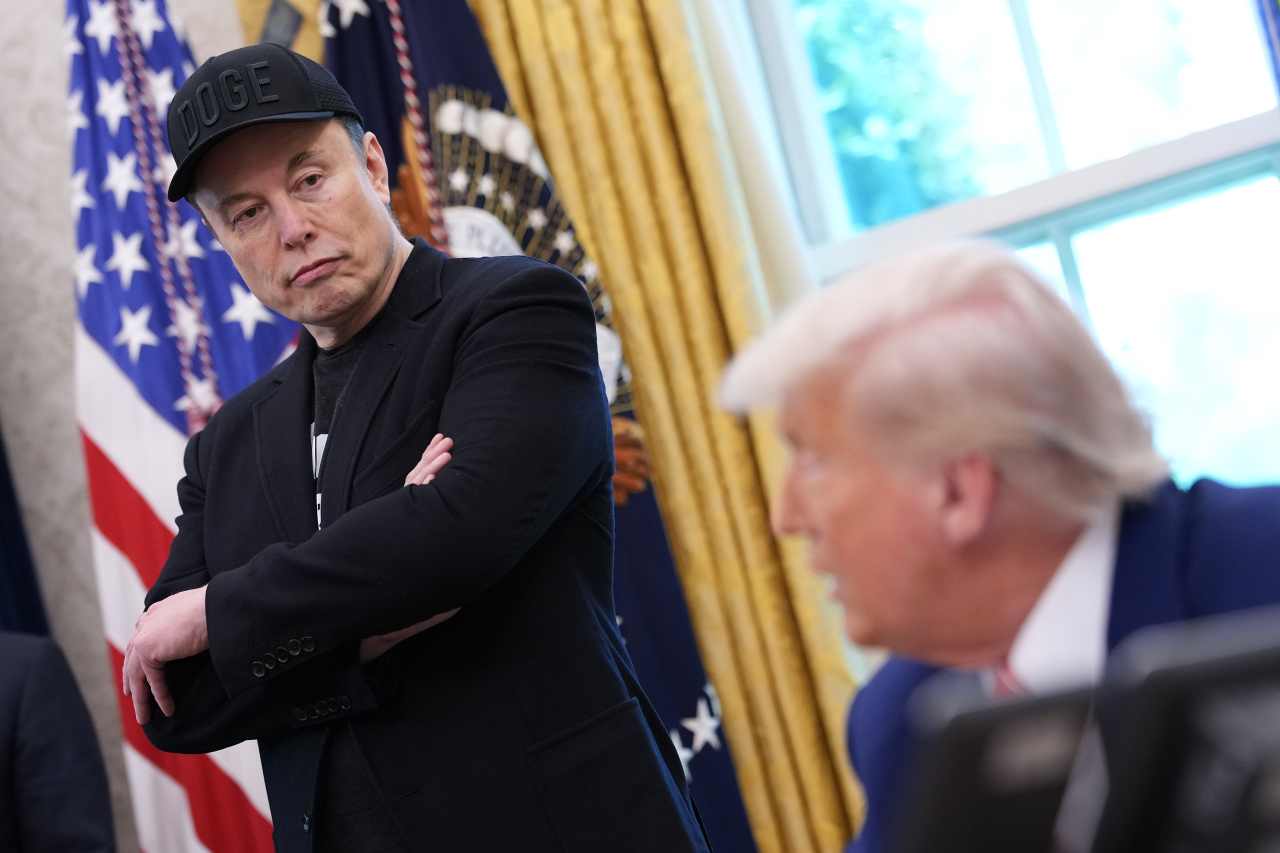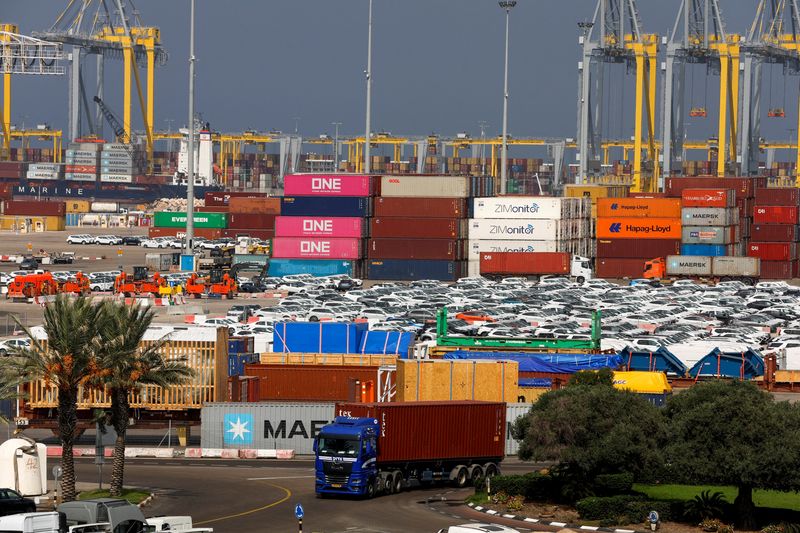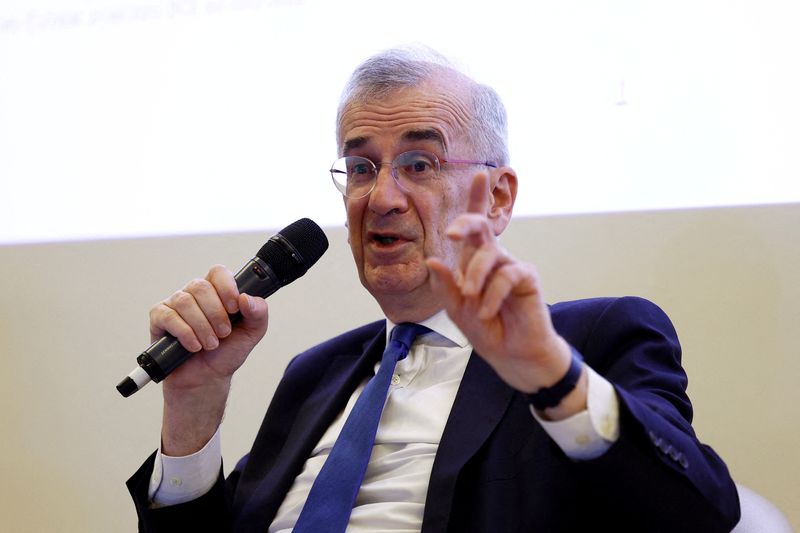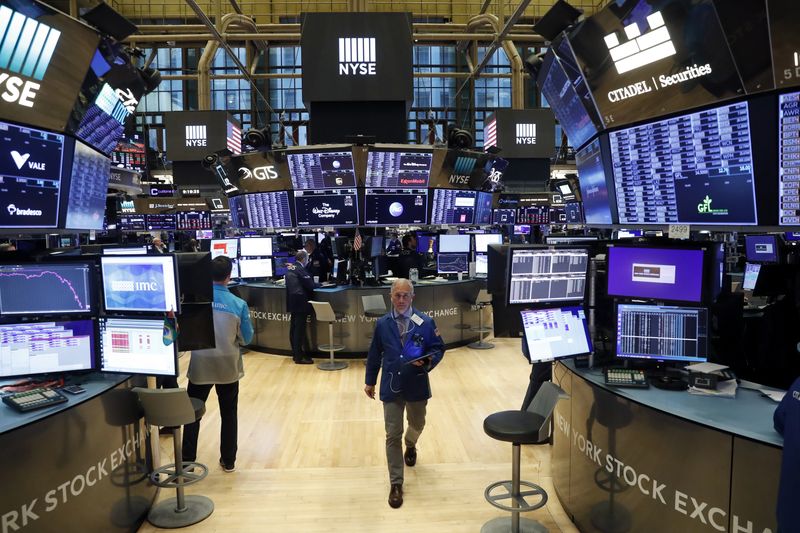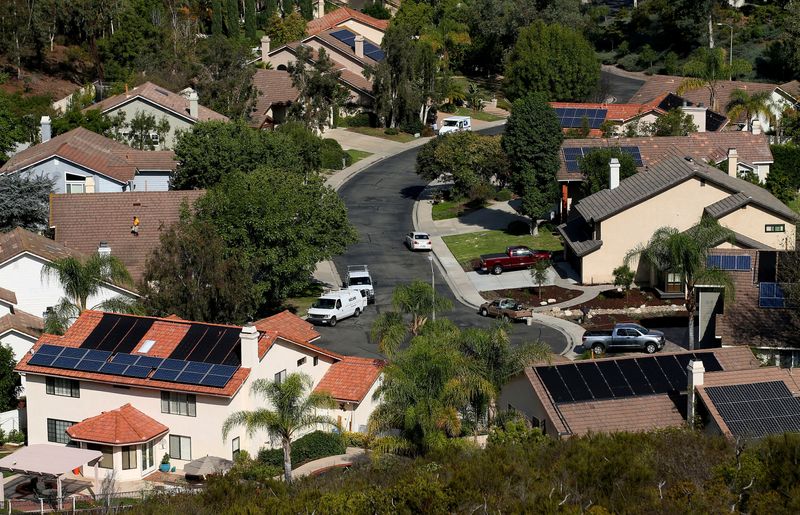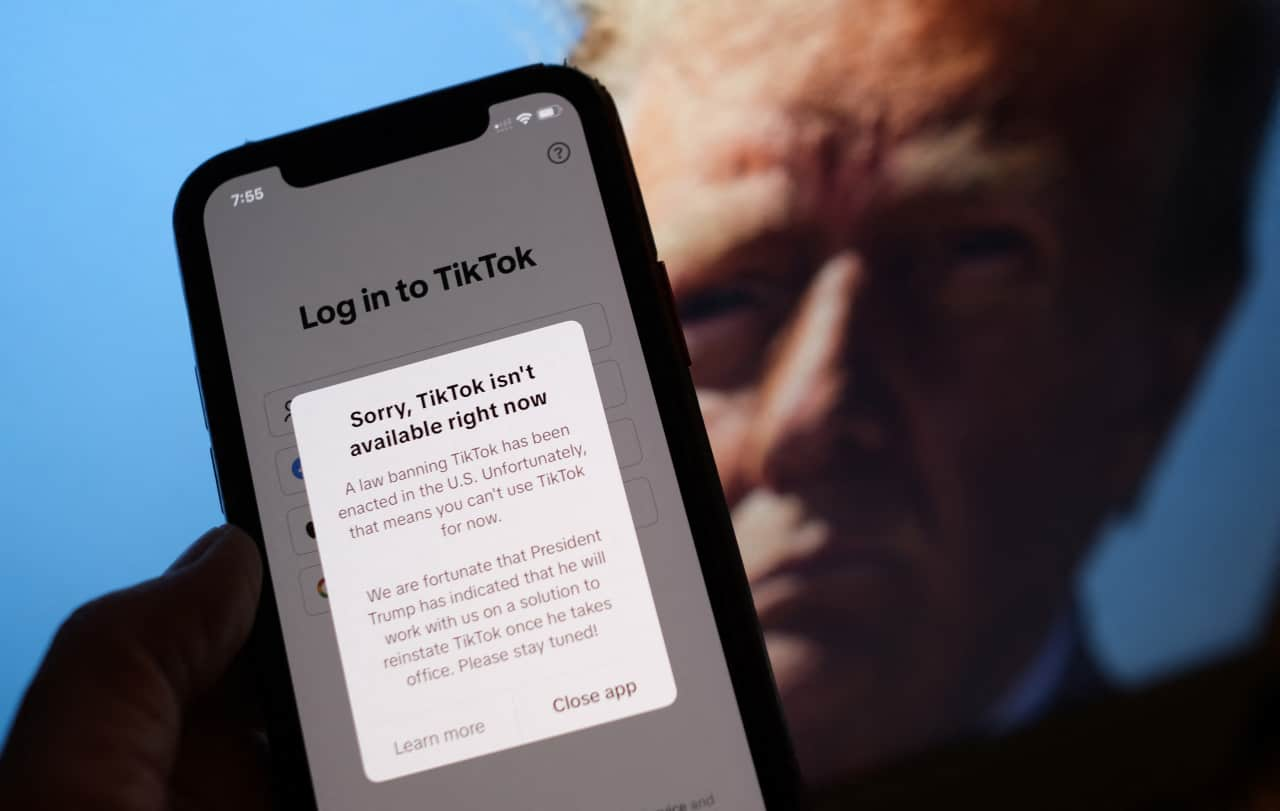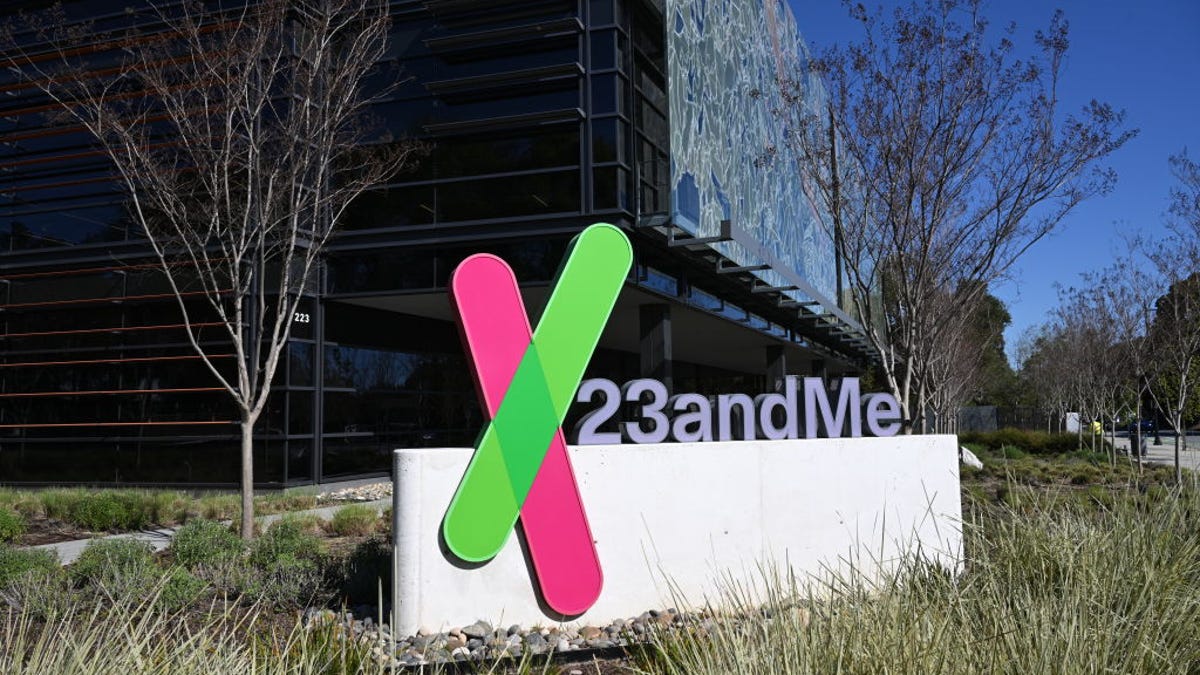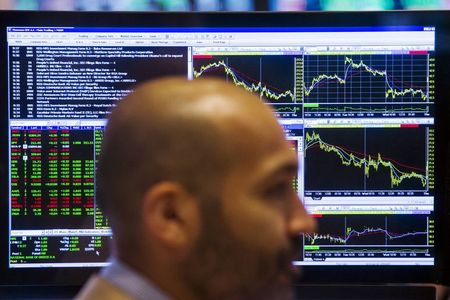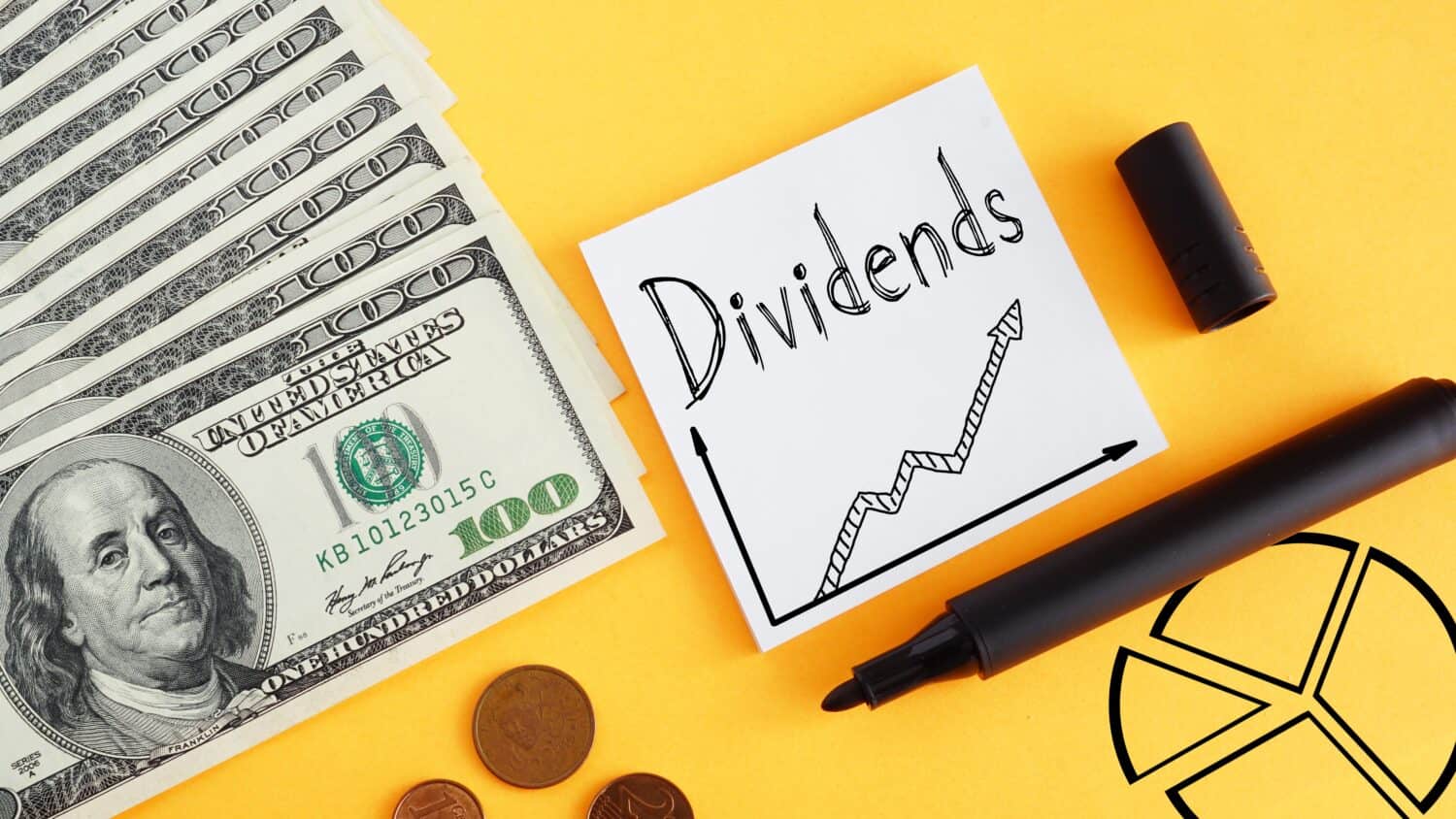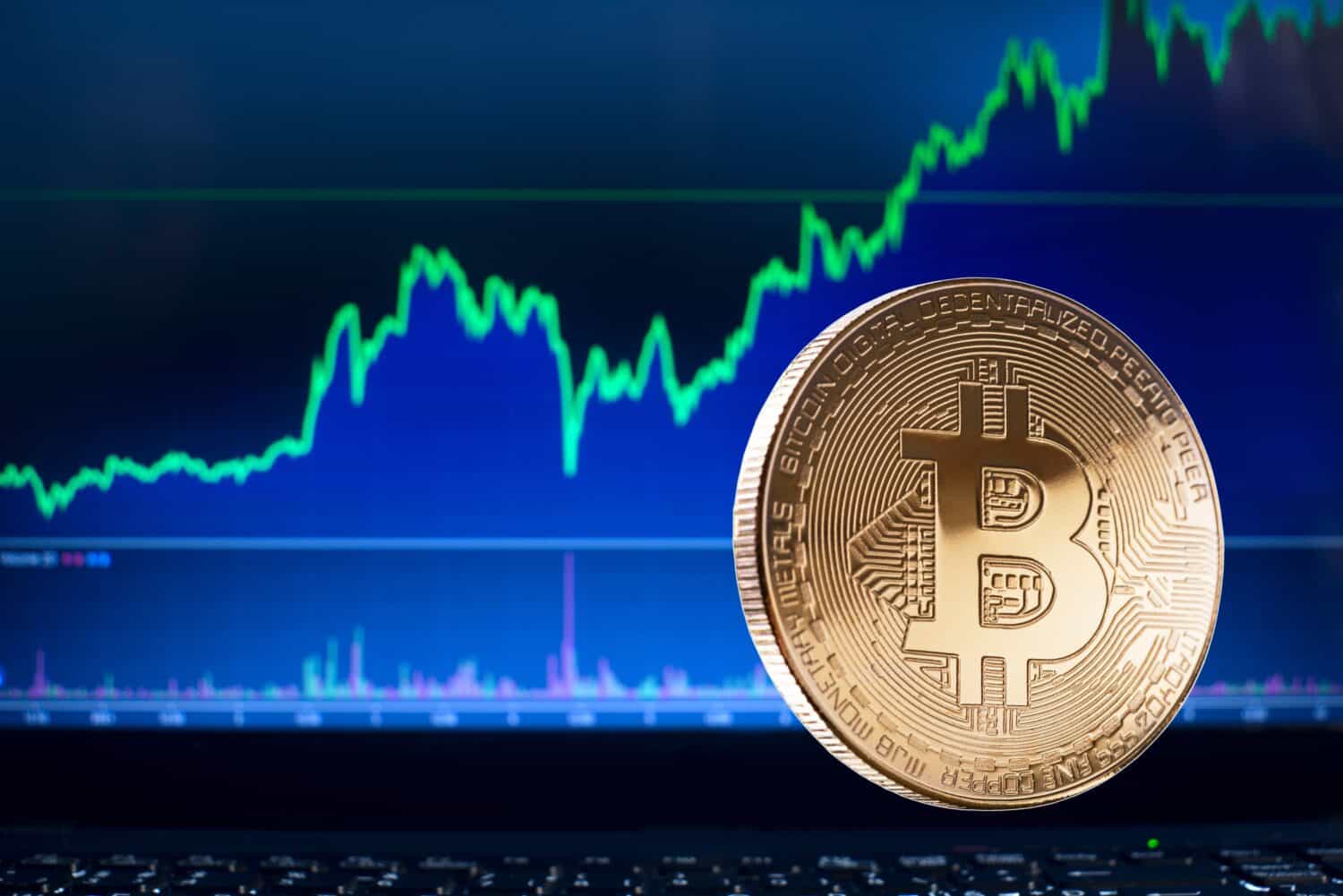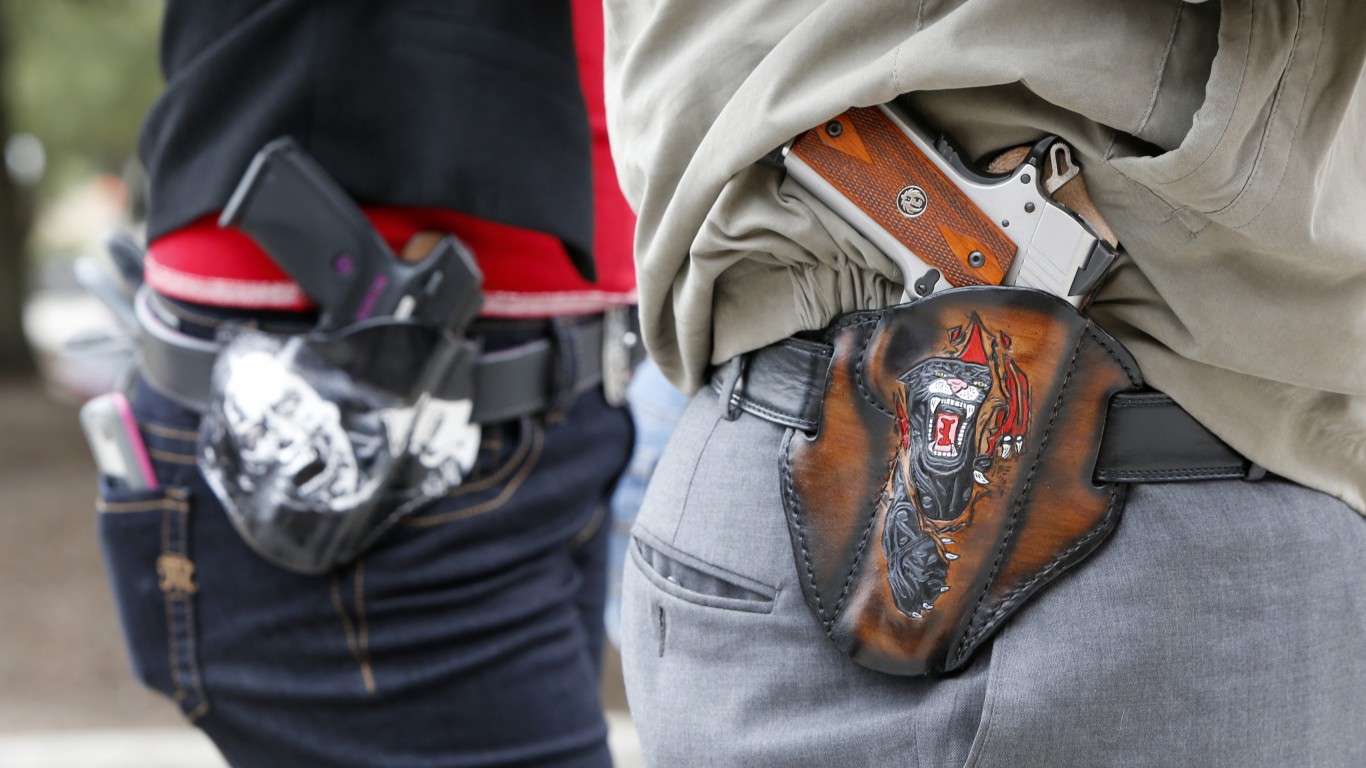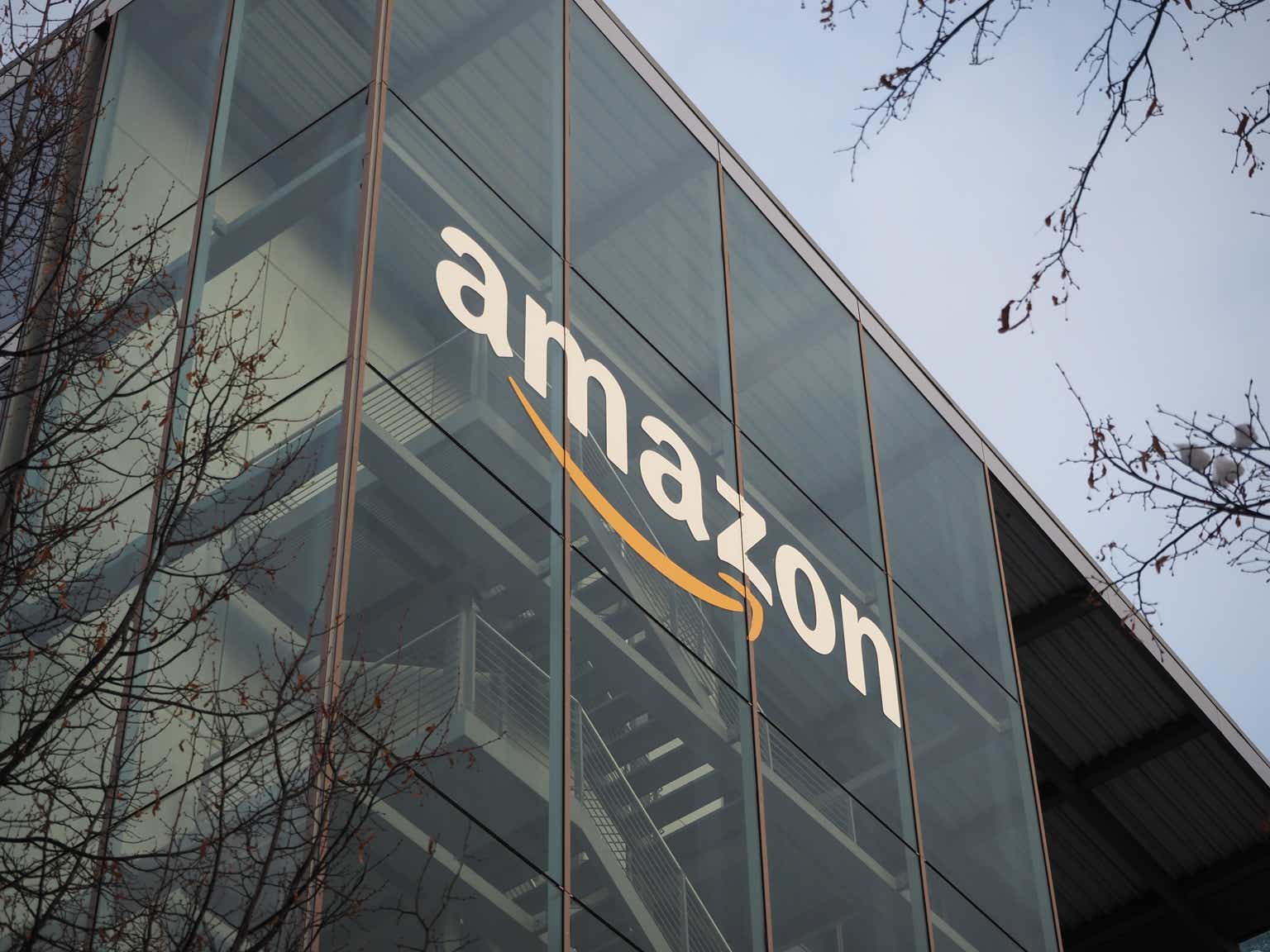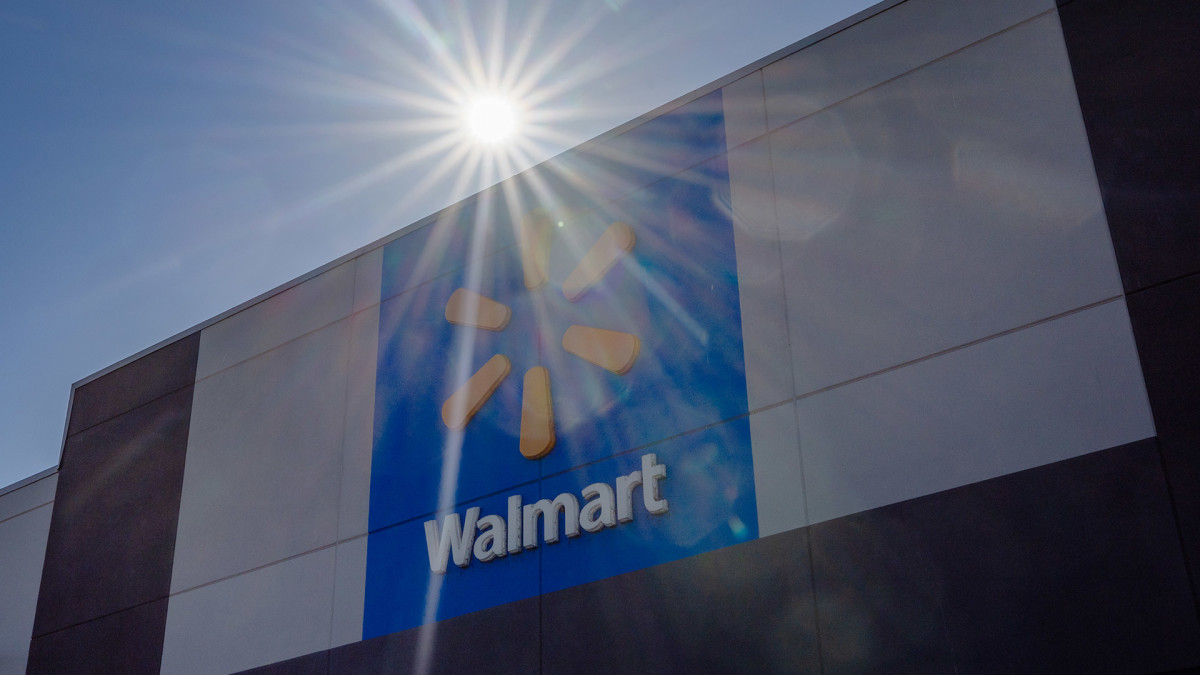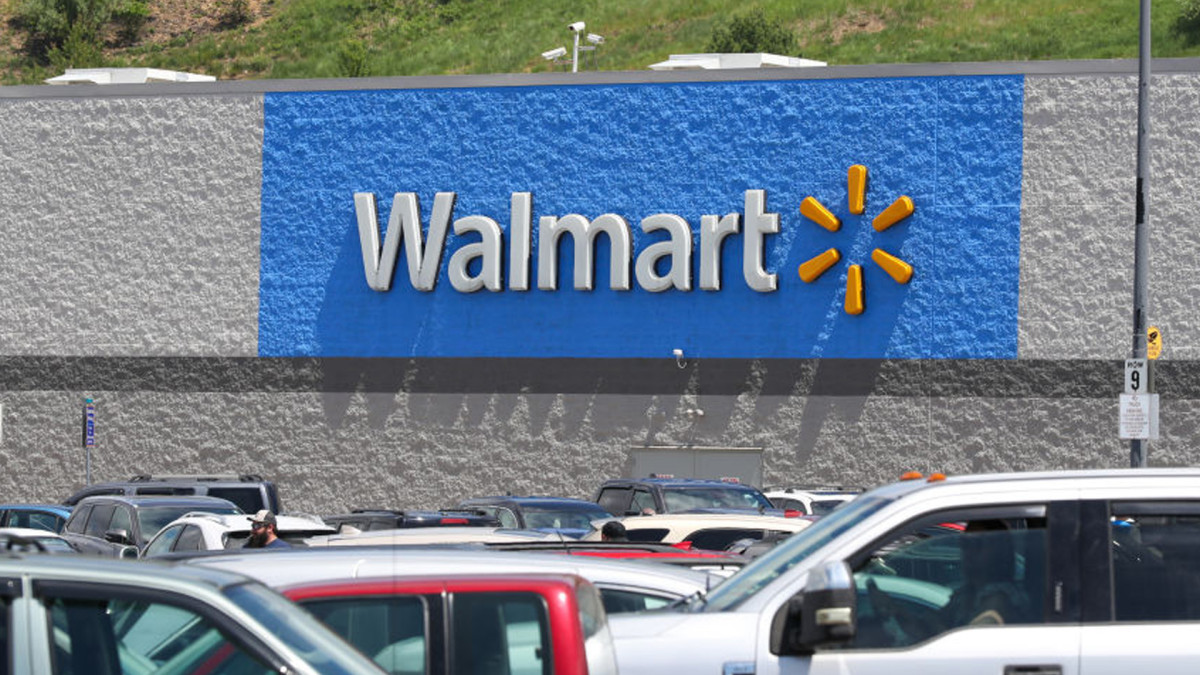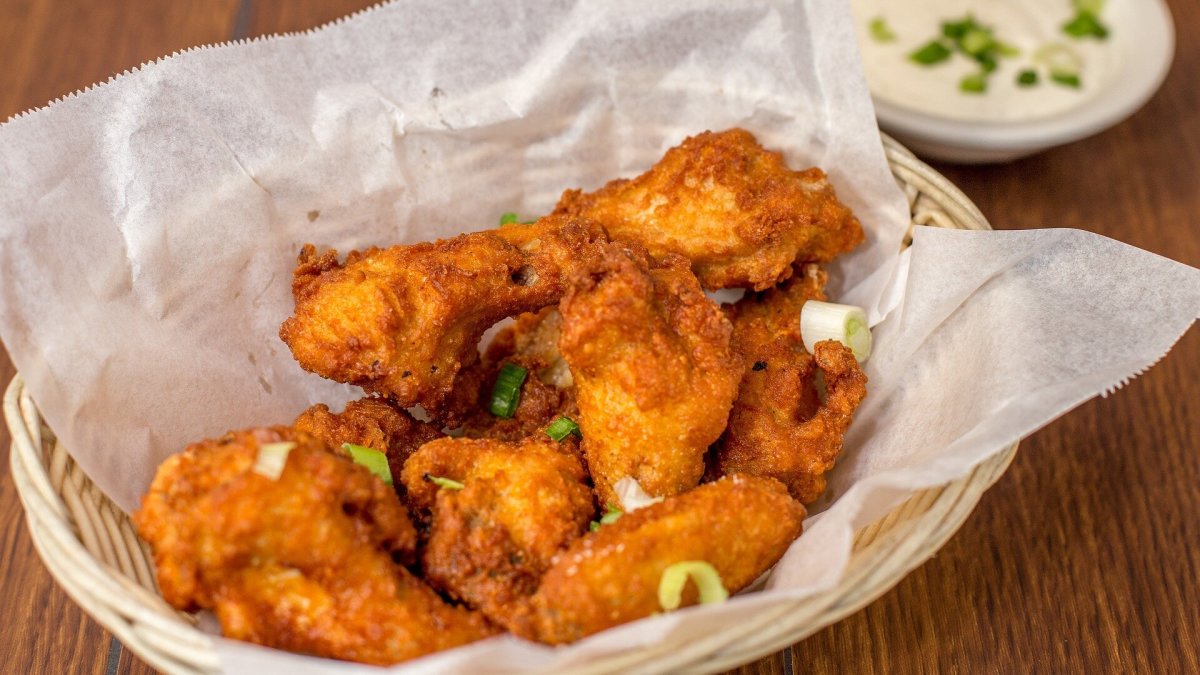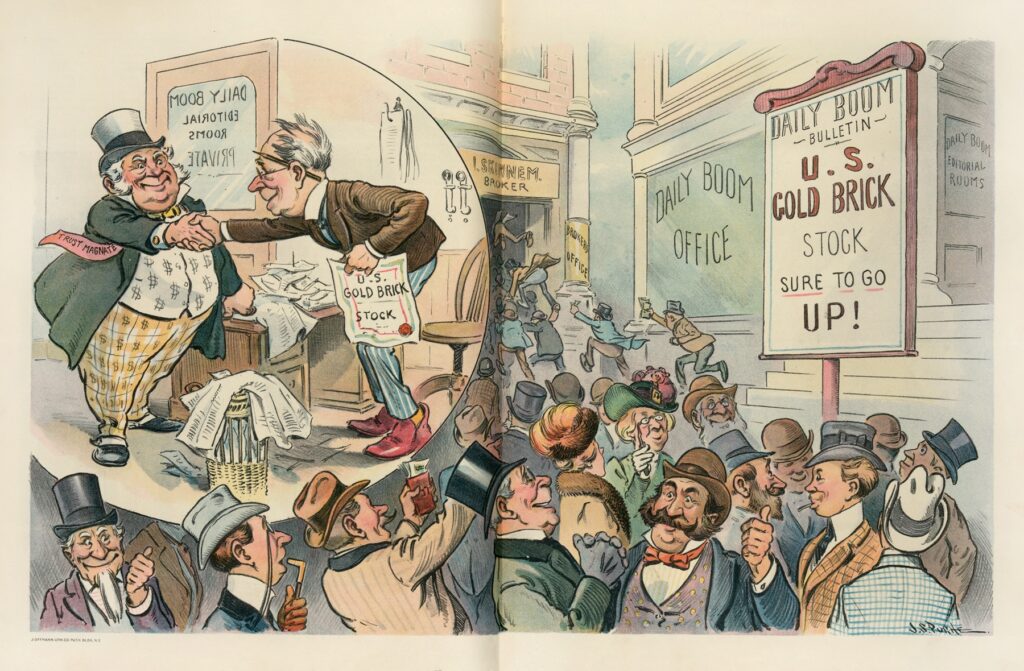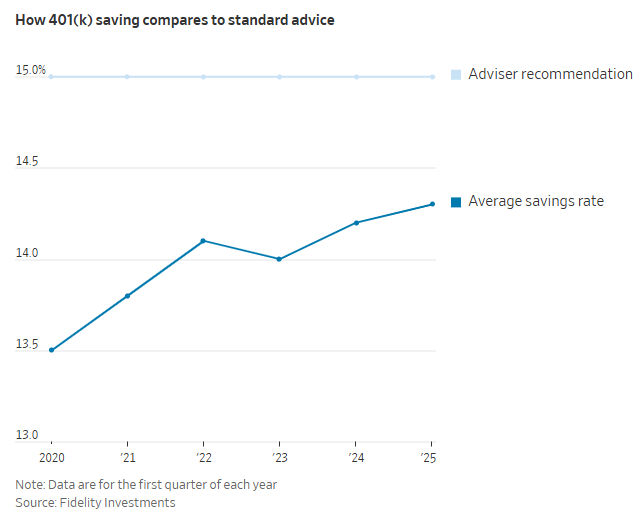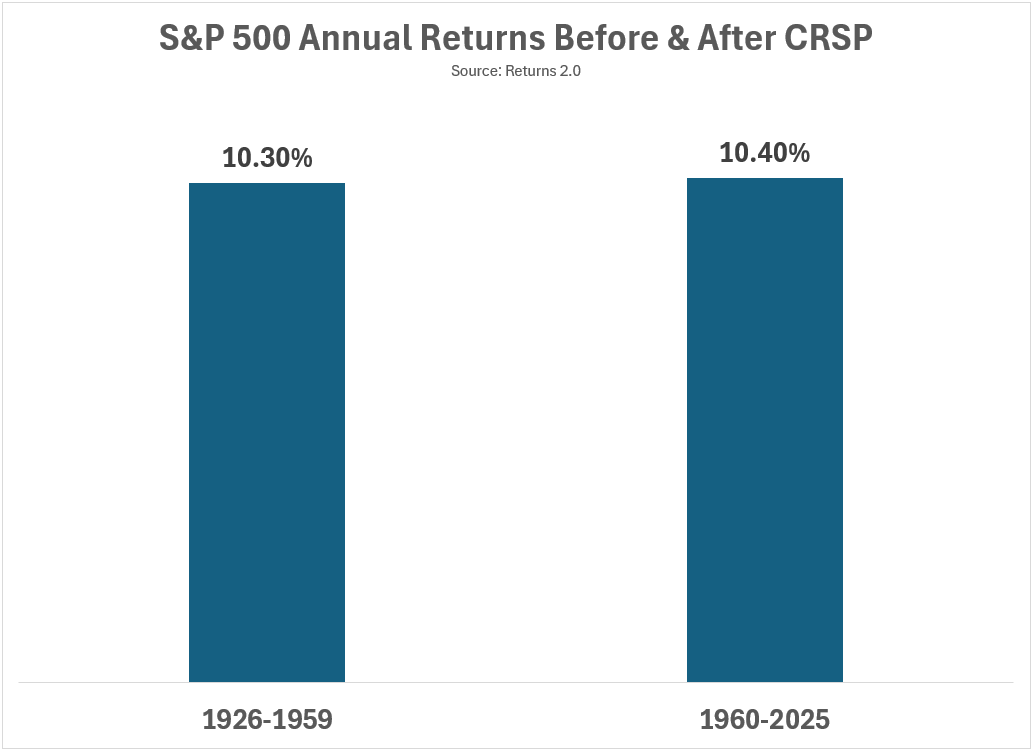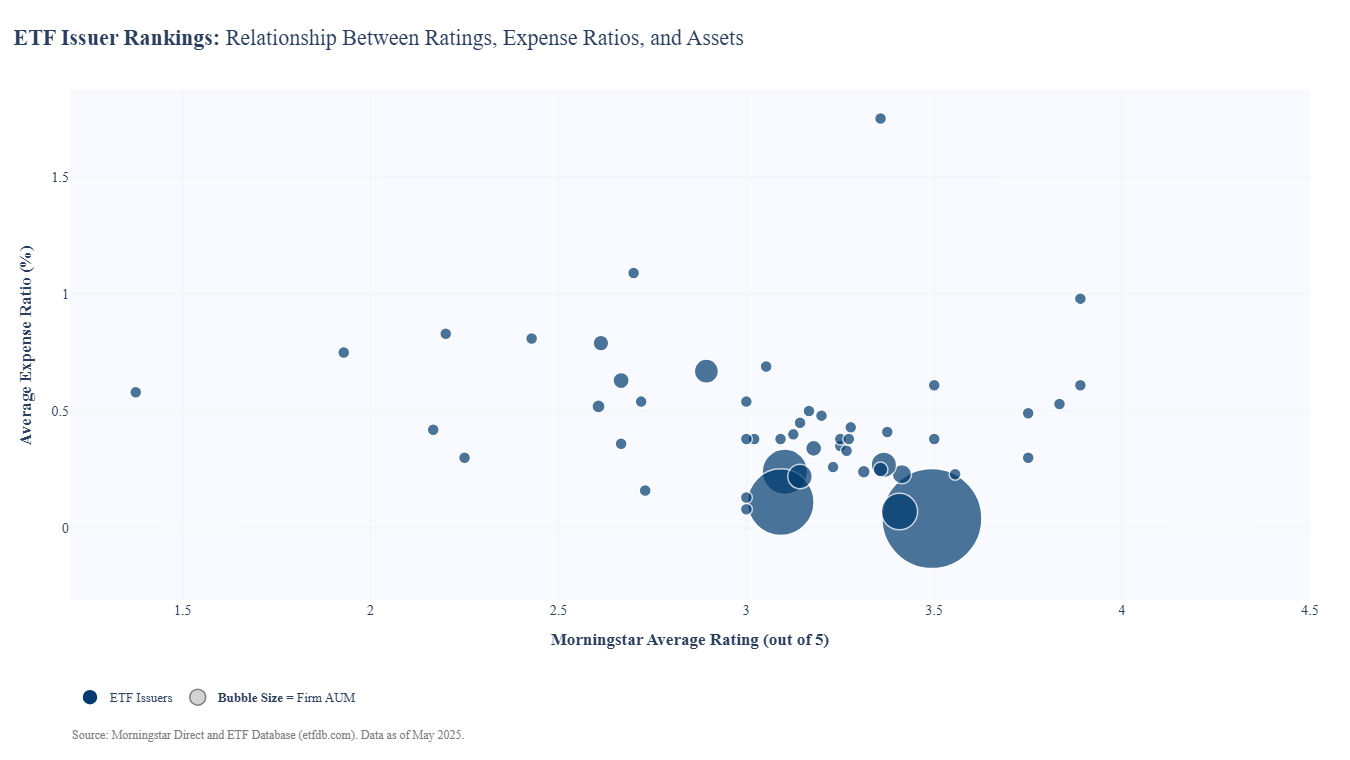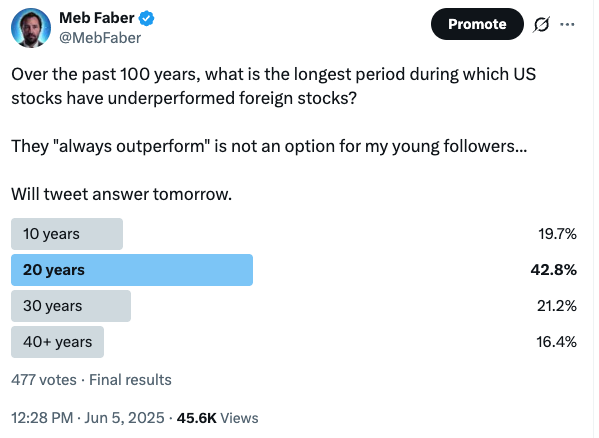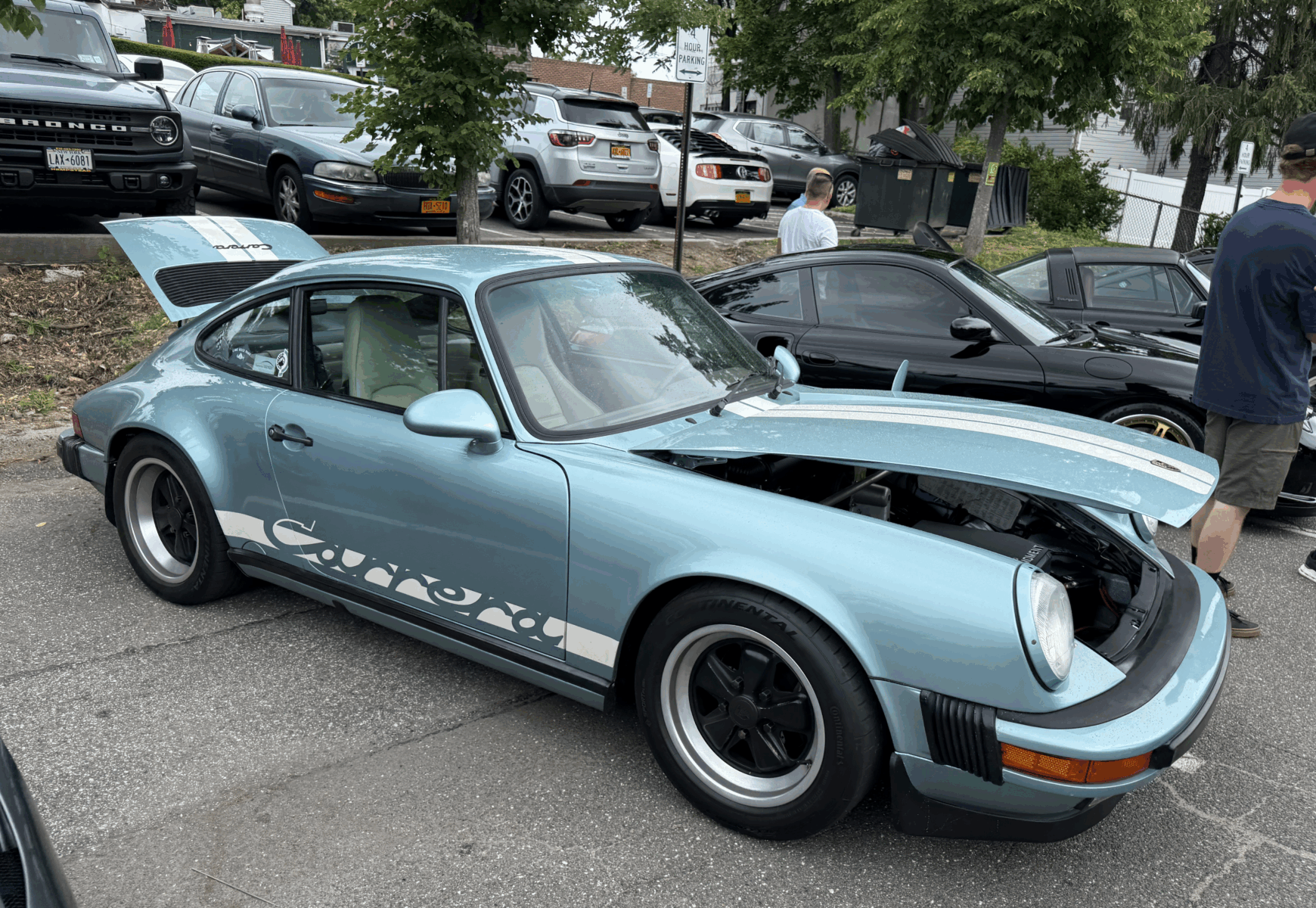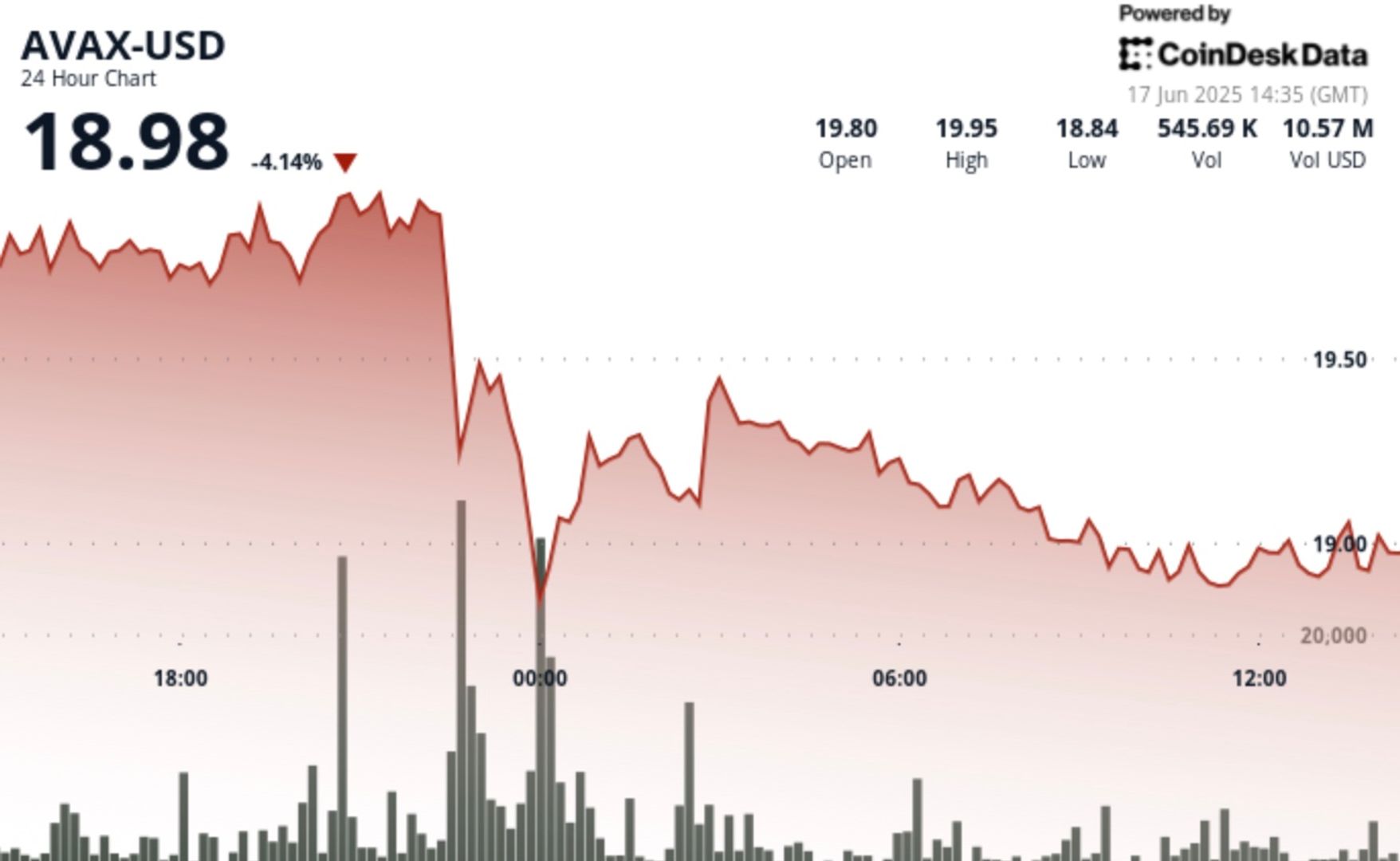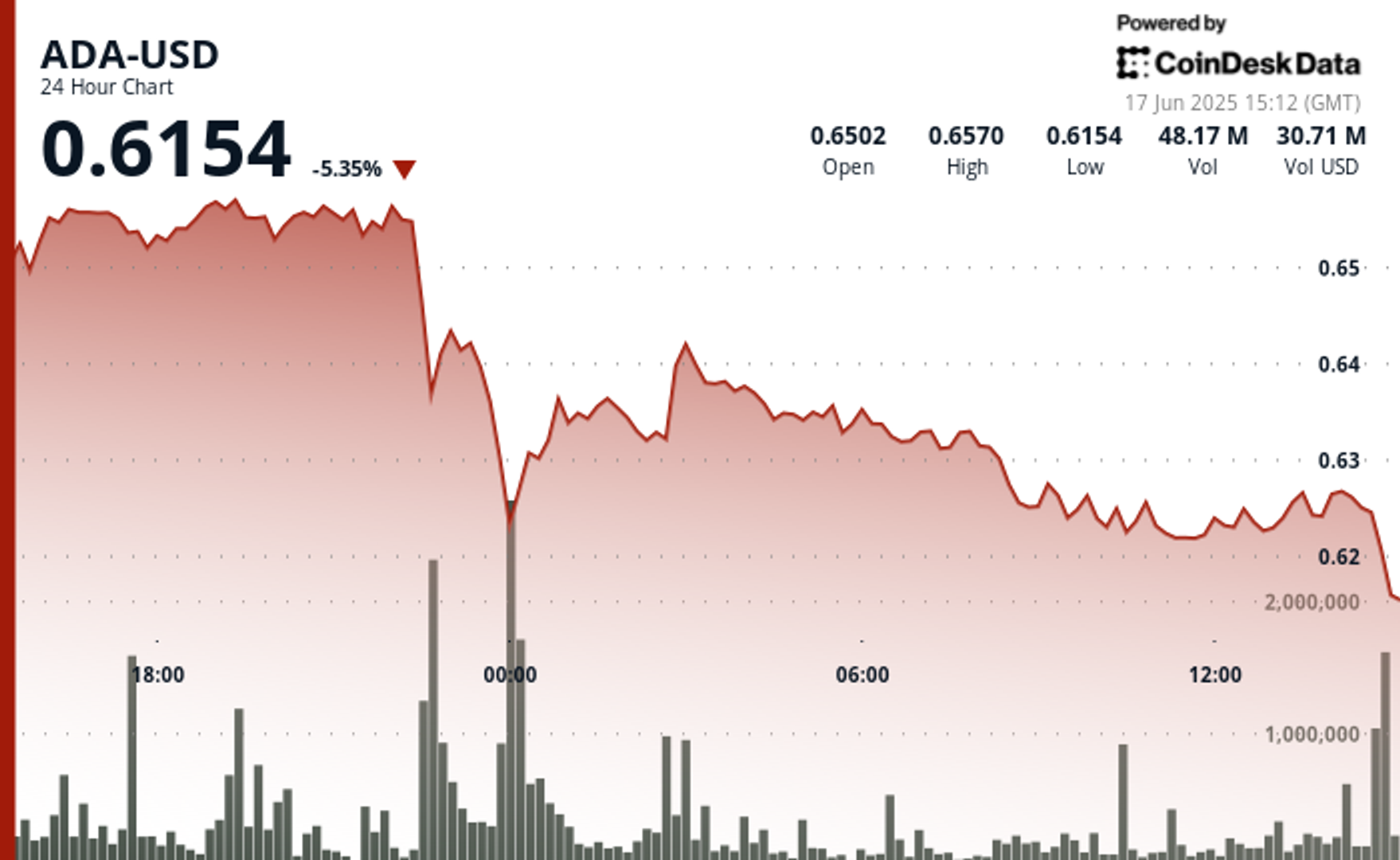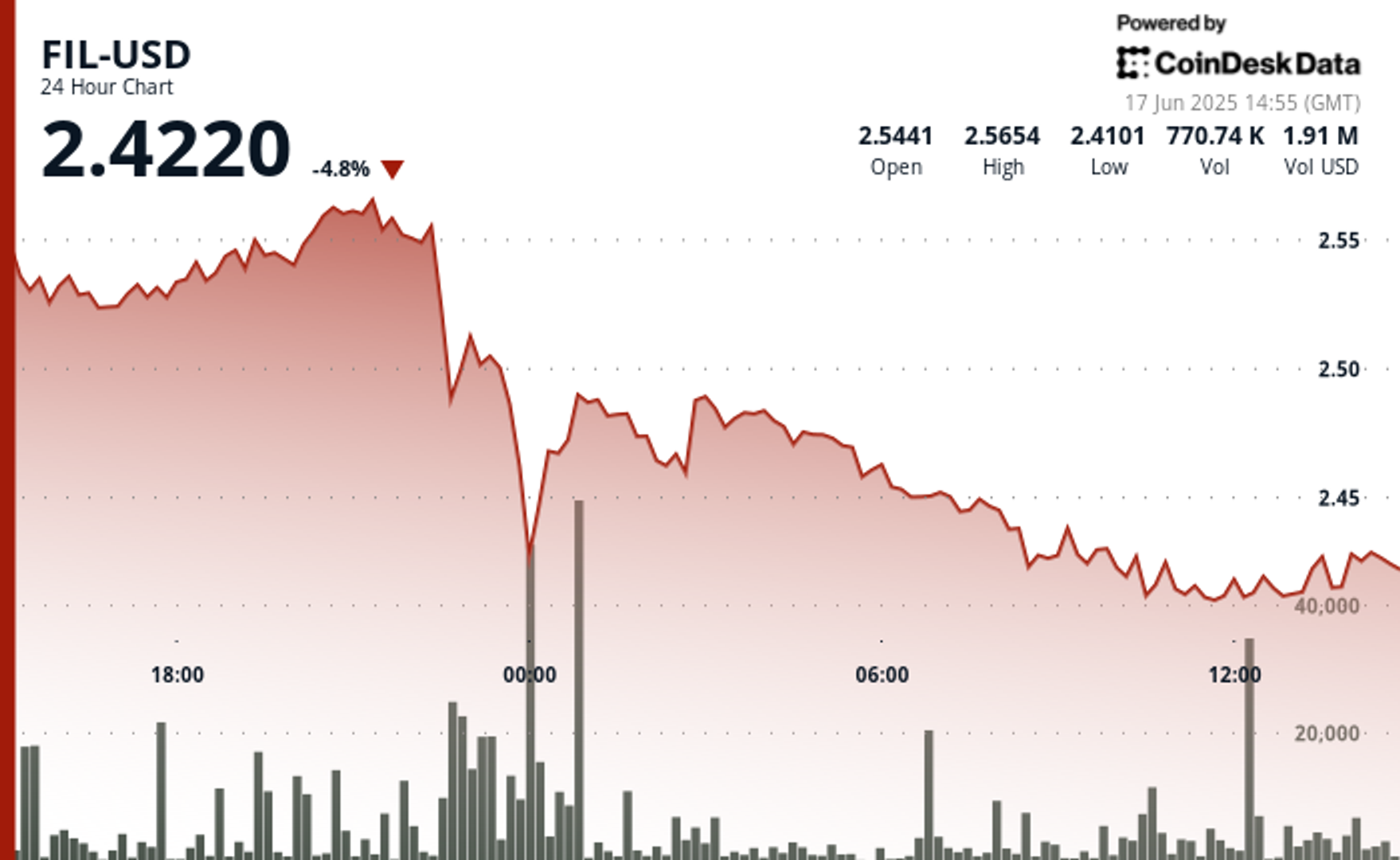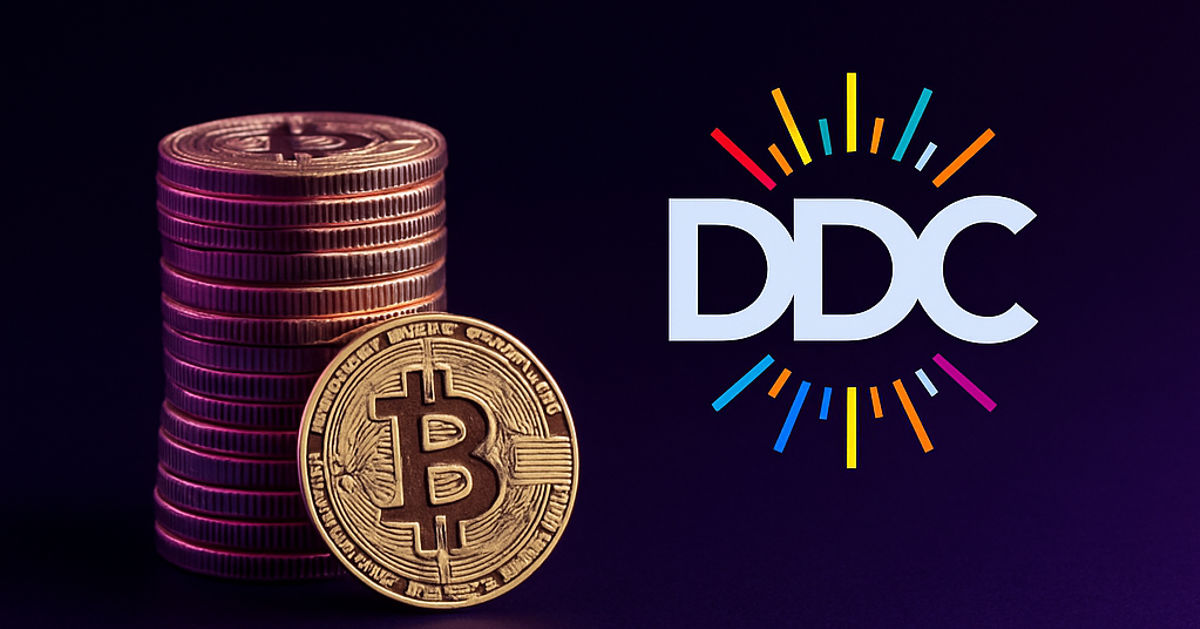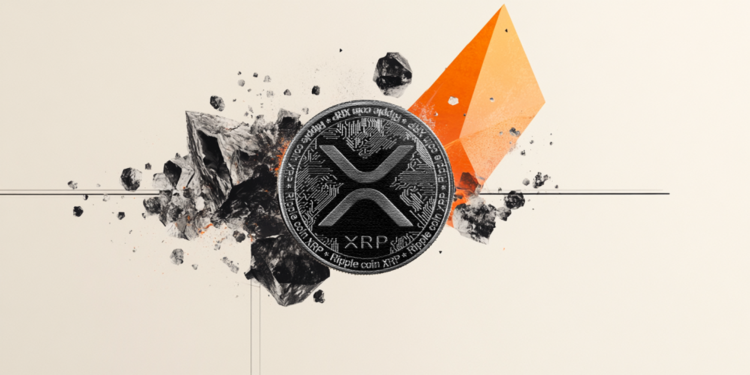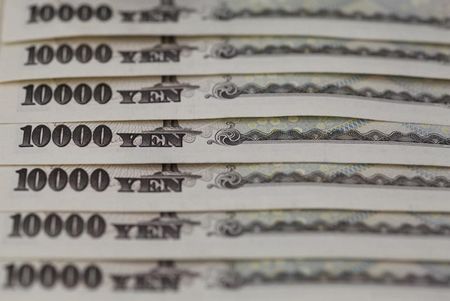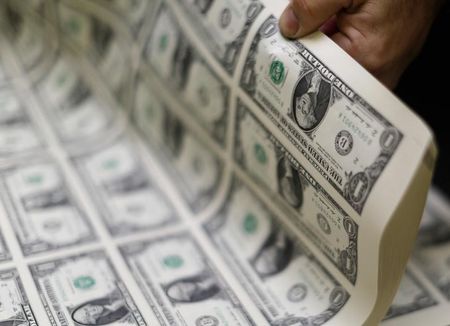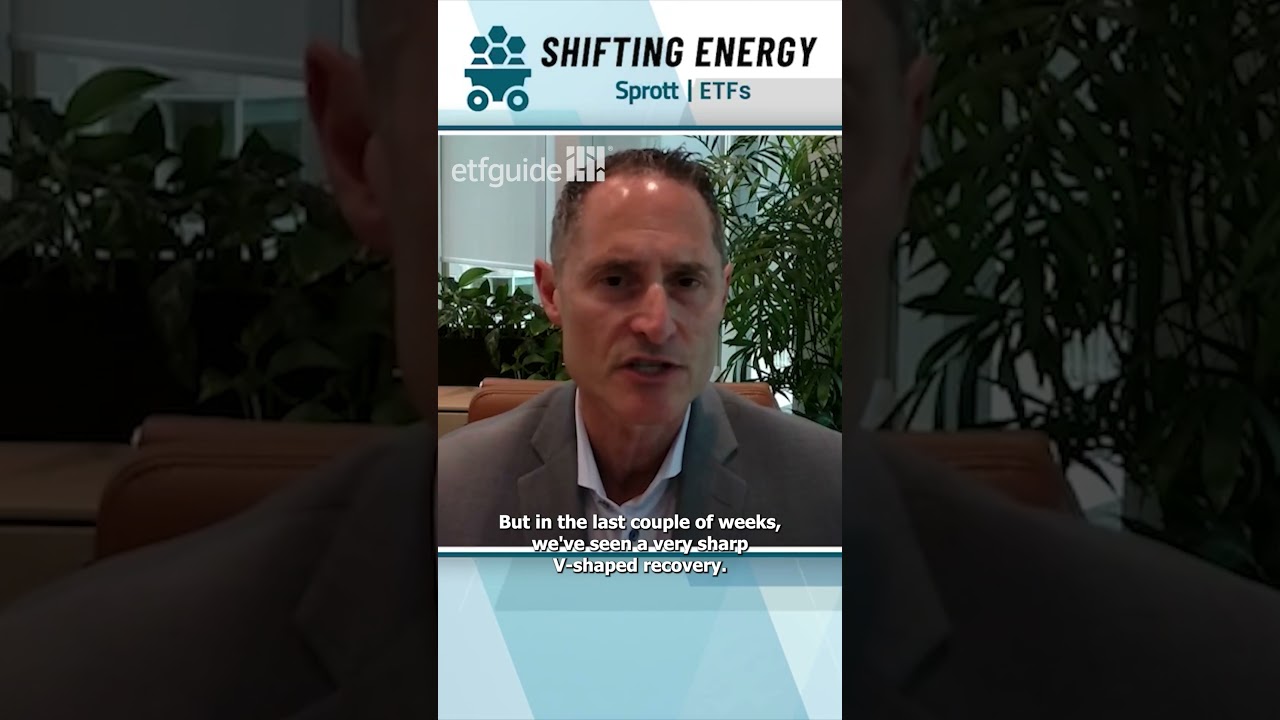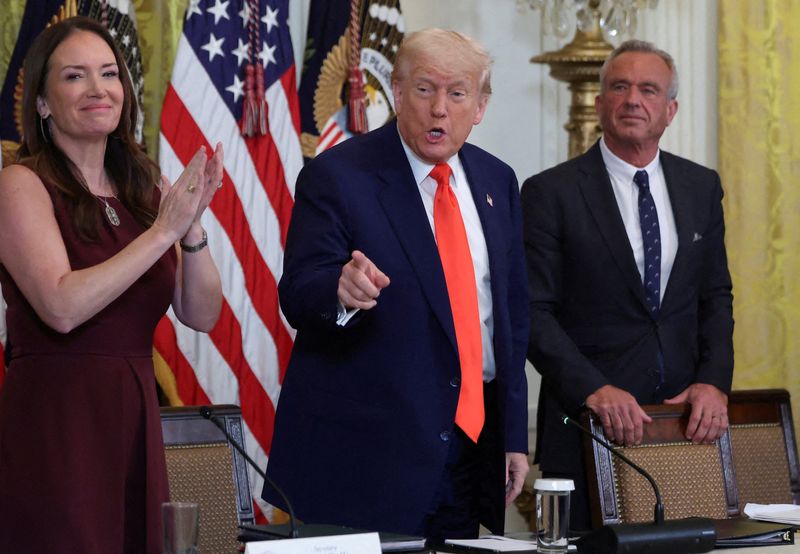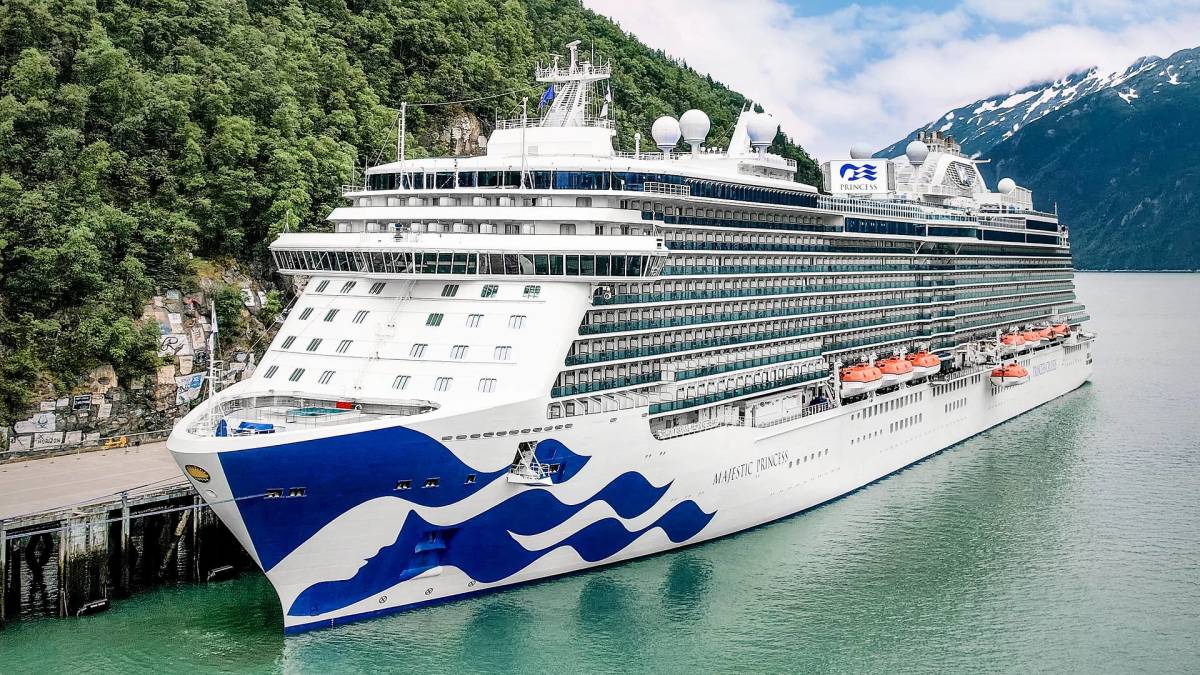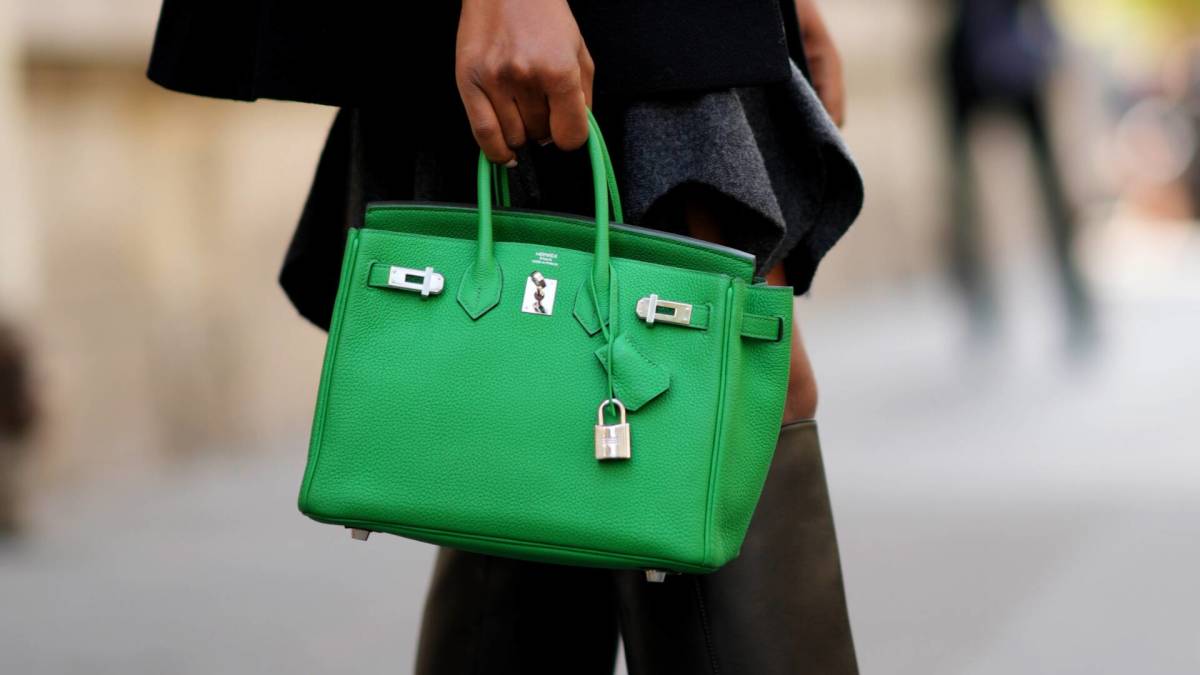Jaguar Land Rover has big, growing problem on its hands
It will be harder to get your hands on this popular luxury SUV.
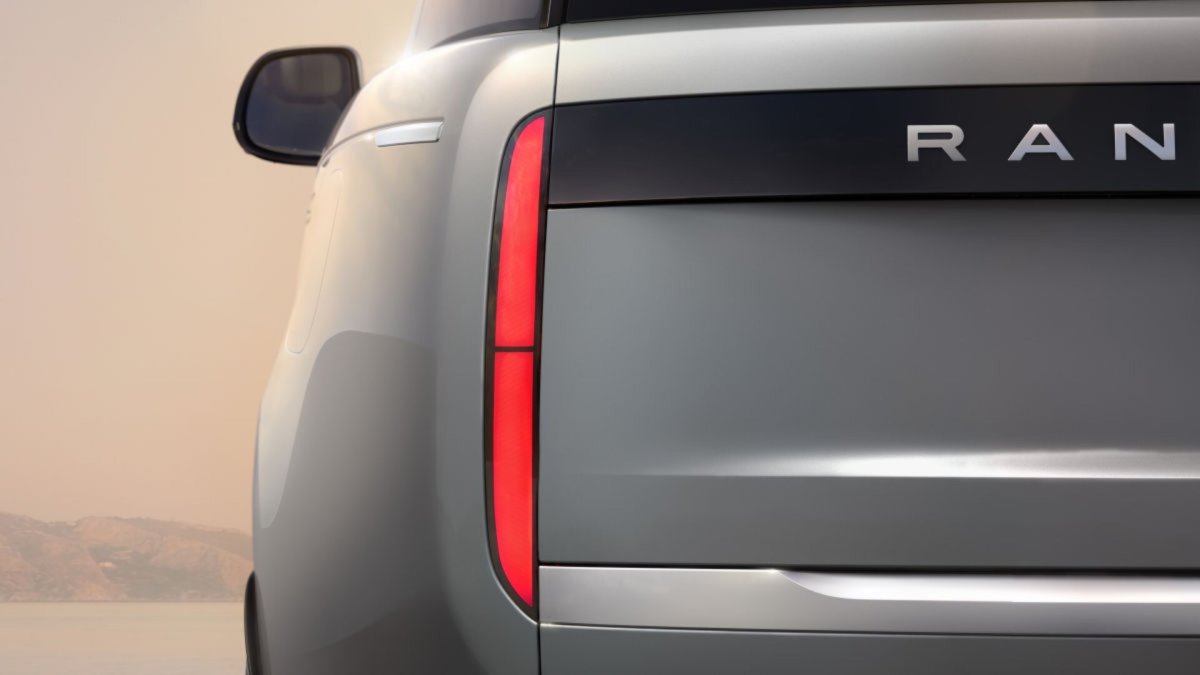
A month ago, the auto industry received some good news when President Donald Trump announced that he had reached a trade deal with the UK.
While the UK stopped being a major trade partner with the U.S. long ago, American luxury car buyers still love the autos they build across the pond.
The United States is the UK's largest trading partner, with business between the two countries (imports and exports) rising nearly 4% last year to £314.6 billion ($416.8 billion). The U.S. accounted for about 18% of total UK trade.
Related: Detroit automakers warn UK trade deal will hurt US auto industry
Cars accounted for about 5% of the UK's total exports to the U.S. in 2024, making automotive the largest UK export to the States.
In 2024, the UK exported £9.0 billion ($12 billion) worth of cars to the U.S., accounting for 24.7% of the country's total car exports. The U.S. is Britain's top trade partner in the car sector.
So it's fortunate that Trump signed a deal to knock reciprocal tariffs down to 10%, from 25%, on UK auto imports on a maximum of 100,000 vehicles (any cars exported above that level are subject to the 27.5% import tax). Image source: Getty Images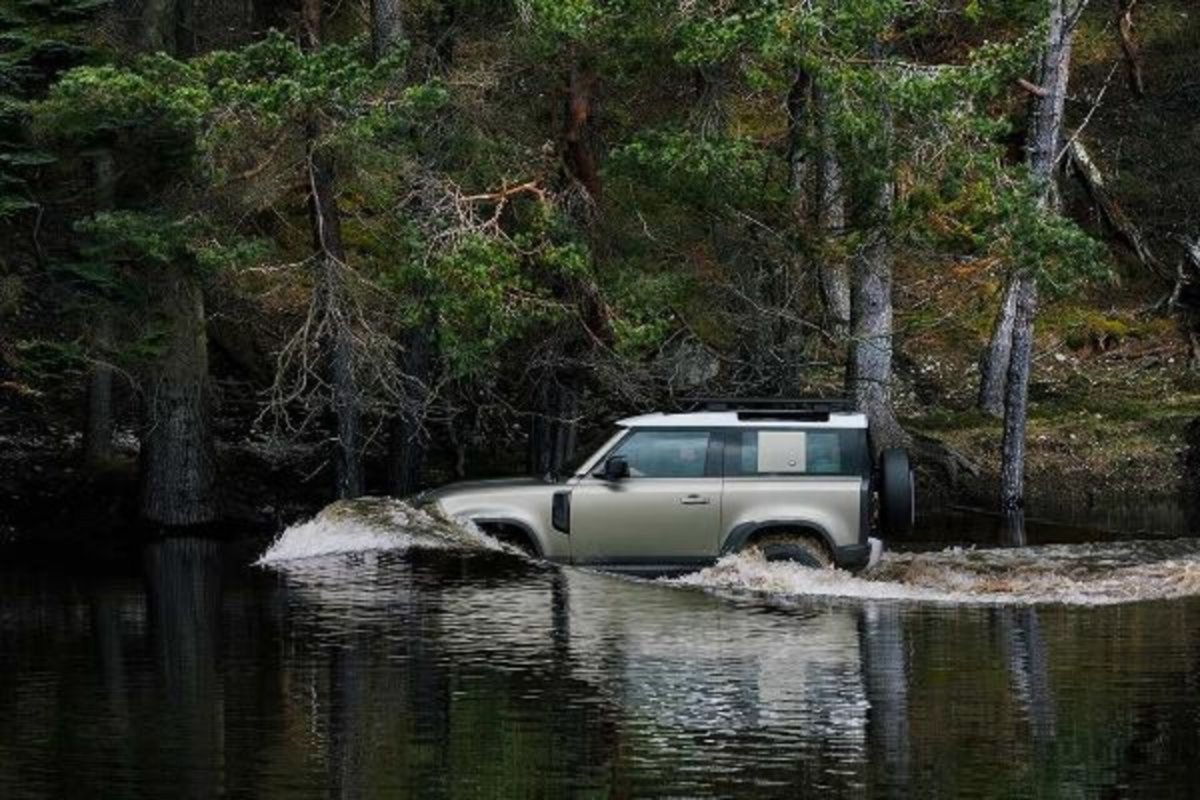
Jaguar Land Rover blames tariffs while trimming FY26 forecast
While the new tariff deal is much better than the 25% tax Jaguar Land Rover faced before the new pact, JLR, the UK-based subsidiary of India's Tata Motors, says it still expects to pay a heavy price.
On Monday, June 16, JLR lowered its fiscal 2026 EBITDA growth estimate from its previous 10% forecast to between 5% and 7%. The company expects free cash flow to be close to zero in the period.
Despite being located thousands of miles away, JLR sells about a quarter of its vehicles in the U.S. market. The company now says it will reallocate its available units to "accessible markets" to maximize profits.
This means there could potentially be fewer options for domestic consumers on U.S. dealer lots.
Related: UK trade deal gives car buyers a glimpse of what the future holds
The UK exported about 102,000 vehicles to the U.S. in 2024, with the average cost to ship a car to the US from the UK about £1,205 ($1,597), according to AutoShippers. Much of that cost is often passed on to the consumer.
JLR's Range Rovers are manufactured in the UK. Still, its popular Land Rover "Defender" is made in Slovakia, so import taxes from there could potentially be even higher. Slovakia is part of the European Union and does not fall under the UK trade umbrella.
JLR says that it is engaged with authorities as they continue to negotiate the trade deal.
Related: The 10 most popular new cars & SUVs of 2025 (so far), according to Consumer Reports
US auto dealers take advantage of tariff anxiety
Sales are rolling for the automotive industry, but auto dealers have a feeling that the good times won't last.
Over the past few months, tariffs, which would generally hurt an industry like autos that relies on imports, have boosted sales as consumers flocked to dealer lots to get discounts ahead of an expected price jump.
More on automotive:
- Car buyers should shop these brands for the best tariff deal
- General Motors makes $4 billion tariff move
- Big 3 Auto CEO backs Trump tariffs despite huge costs
“Dealers have a front-line view of the U.S. auto market, which appears to be at an inflection point,” said Cox Automotive Chief Economist Jonathan Smoke. “The recent sales pace has been a positive, lifting current market sentiment higher for franchised dealers. But as we’ve said before, 2025 is going to be a roller coaster for this industry, and the market could be a lot more hair-raising in the months ahead.”
Auto dealers' customer traffic index rose to 37 from 33 in Q1 last year. Franchised dealers reported a 10-point increase in in-person visits, the largest increase since the metric was introduced in Q3 2022, according to Cox.
“People are buying cars because they think tariffs are coming,” one Mazda dealer said.
Profitability also increased, jumping to 39 on the index, the highest in over a year. Franchised dealers led the gains, rising to 52 from 41. Independent dealers improved more modestly to 35 from 32.
Related: Car dealers are worried, and it could be great news for car buyers
